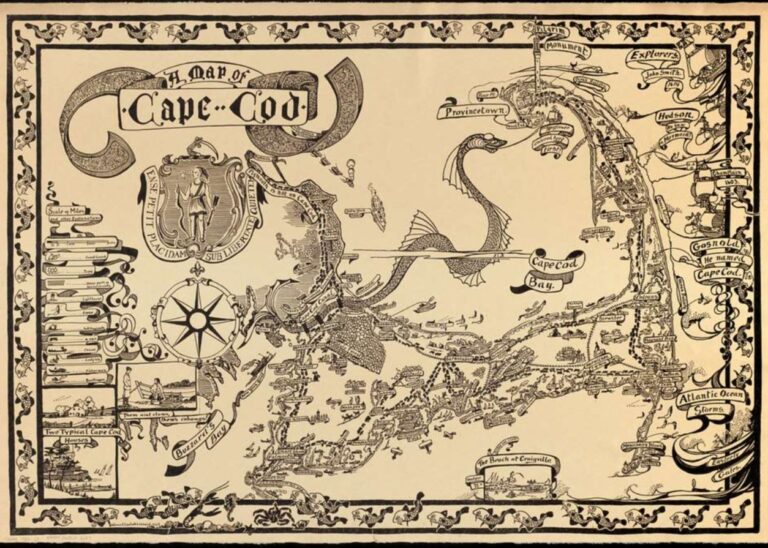Unlocking Hidden Treasures: A Guide to Metal Detecting

Metal detecting is a captivating hobby that combines history, adventure, and the thrill of discovery. Whether you’re a beginner or an experienced treasure hunter, this blog post will provide you with valuable insights and tips on how to embark on a rewarding journey with a metal detector.
- Choose the Right Metal Detector:
- Research and select a metal detector that suits your budget and skill level.
- Consider where you plan to use it – on land, at the beach, or underwater – as this will determine the type of metal detector you need.
- Learn the Basics:
- Familiarize yourself with your metal detector’s functions, settings, and controls.
- Understand how different metals and objects emit signals, so you can distinguish between them.
- Select Your Treasure Hunting Location:
- Choose your hunt location carefully. Historical sites, parks, beaches, and even your own backyard can yield hidden treasures.
- Be sure to get any necessary permissions for private property and follow local laws and regulations.
- Essential Equipment:
- Besides your metal detector, consider carrying a sturdy shovel or digging tool, a pinpointer, and a finds pouch to hold your treasures.
- Wear comfortable clothing and appropriate footwear for the terrain.
- Research Your Location:
- Research the history of your chosen location. Knowing its historical significance can guide your treasure hunt.
- Use historical maps, records, and stories to identify potential hotspots for discovery.
- Search Techniques:
- Sweep your metal detector in a slow, even pattern, keeping it close to the ground.
- Listen to the detector’s audio signals – different sounds indicate different metals.
- Digging Responsibly:
- Use a small shovel or trowel to carefully dig around the signal area.
- Minimize damage to the environment and fill any holes you dig.
- Preserve Historical Artifacts:
- If you unearth historical artifacts, handle them gently and avoid cleaning them yourself. Consult a local archaeologist or historian for guidance.
- Record Your Finds:
- Keep a log of your discoveries, noting the location, depth, and the type of metal found.
- This information can be valuable for your own reference or for sharing your finds with local historical societies.
- Join a Metal Detecting Community:
- Connecting with other metal detecting enthusiasts can be an excellent way to learn and share experiences.
- Online forums, social media groups, and local clubs provide opportunities for networking.
- Respect the Environment and Local Laws:
- Always follow ethical guidelines and laws governing metal detecting in your area.
- Respect private property rights, and leave the environment as you found it.
- Safety and Care:
- Be mindful of the environment and wildlife while you hunt.
- Stay hydrated, protect yourself from the elements, and observe safety precautions when digging.
Conclusion:
Metal detecting is not just a hobby; it’s a journey of discovery. Whether you’re searching for hidden treasures, historical relics, or simply enjoying the thrill of the hunt, following these guidelines and being a responsible detectorist can make your treasure-hunting experiences not only exciting but also respectful of history and the environment. So, grab your metal detector and set out to unlock the secrets buried beneath the surface – you never know what you might find!






